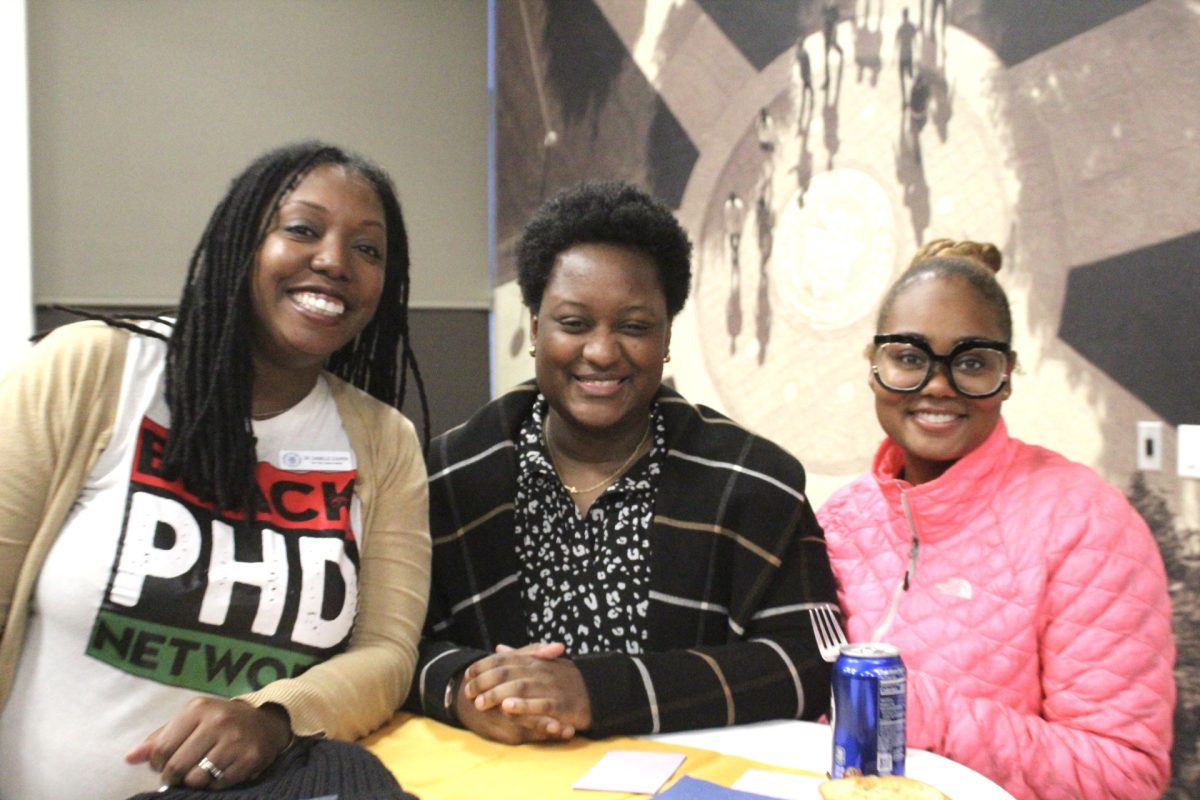Now that March is fully underway we can look forward to what March is known for other than St. Patrick’s Day. Growing out of a small-town school event in California, Women’s History Month is a celebration of all of women’s contributions to history, culture, and society. The United States observes it annually throughout the month of March.
In 1979, the school district of Sonoma, California organized this weeklong celebration. Their idea quickly caught on within communities, schools, and organizations across the country. In 1981, the US Congress made it official by passing a bill establishing Women’s History Week. Six years later, the event was expanded into the entire month of March.
Each year, the National Women’s History Project selects a theme that highlights achievements by distinguished women in specific fields, from medicine and the environment to art and politics. This year’s theme “Writing Women Back into History” commemorates the 30th anniversary and recognizes efforts to document women’s accomplishments and experiences in textbooks, where they have been left out for many years. Coinciding with Women’s History month is International Women’s Day on Mar. 8, which many countries celebrate. There are demonstrations, educational initiatives, and customs such as offering gifts and flowers. The United Nations has sponsored this holiday since 1975.
Looking back at this country’s history, there are many events that are significant and worthy of celebration during Women’s History Month. The first women’s-rights convention met in Seneca Falls, New York in 1848, where they signed a Declaration of Sentiments modeled on the Declaration of Independence, declaring that women (like men) were citizens with an “inalienable right to the elective franchise.”
Further down the line, Wyoming Territory was the first to grant women the right to vote in 1869. In 1924, the state’s voters also elected the nation’s first female governor, Nellie Tayloe Ross. Edith Wharton was the first woman to win a Pulitzer Prize in 1921 and activist Alice Paul proposed the Equal Rights Amendment for the first time in 1923.
In 1928, Amelia Earhart was the first woman to cross the Atlantic in an airplane, and in 1933, Frances Perkins became the first female member of a Presidential cabinet.
Sandra Day O’Connor was the first woman on the Supreme Court in 1981, nominated by Ronald Reagan. Madeleine Albright became the first female Secretary of State in 1997.
Today we have women all over the world, making differences in politics, music, and art, fighting for what they believe in and struggling to change what needs to be changed.
Join us here at UNH in celebrating these women and keep an eye out for emails about the events planned for this month.







